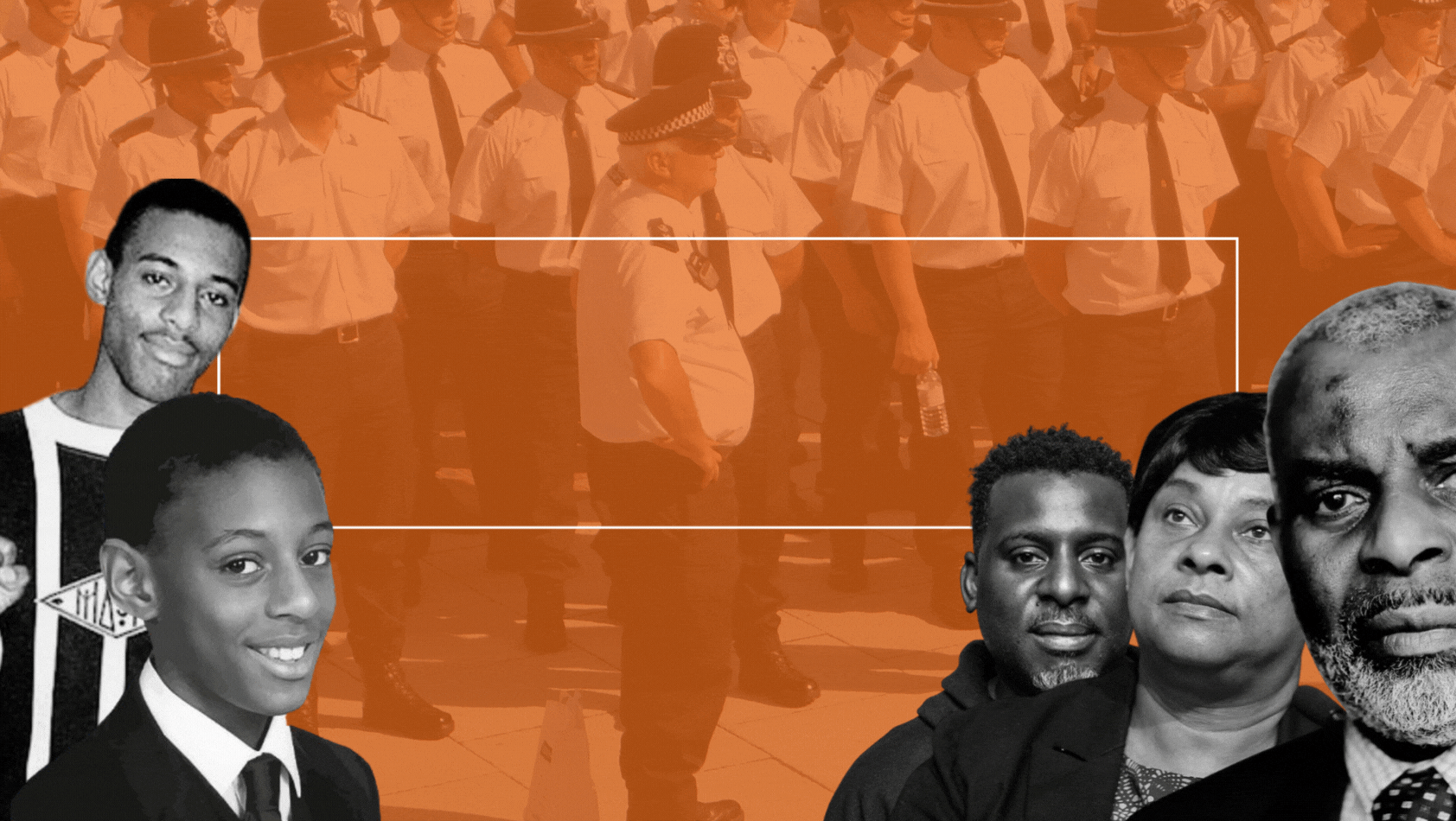

The following article is being reproduced due to its significance to the Black Identity Nexus today. It remains a timely reminder of the continuing challenges of systemic racism facing particular ethnic minorities.
Imagine walking down a familiar street, in a familiar neighbourhood with someone familiar. It’s been a somewhat ordinary day with your friend, and it’s time to catch a bus home. However, your last memory is so far from familiar; it is terror in its rawest form.
What should have been an ordinary day to reminisce upon, as a youthful memory in later years, has become anything but that. Now, each year our society recollects Stephen Lawrence’s murder and the subsequent failures that exacerbated the injustice surrounding it. 30 years on, we’re forced to reflect on the past three decades that have passed – what has changed? What needs to change? What do we need to change?
Stephen’s murder brought to light matters that could no longer be statutorily suppressed, resulting in a significant paradigmatic shift in attitudes regarding racism, only this time, on an institutional level. The world witnessed the difference between how a system we are supposed to trust treats those of us from ethnic minorities, especially the black communities.
Lessons must be learnt so that history doesn't repeat itself and primarily, this has to commence with the Metropolitan Police that continues to be plagued with the same internal corruption that blighted justice for Stephen and his family. As a community, it is imperative that we grow through what we go through - this is the only way forward.
Frequent discussions regarding the need to redress imbalances around social inequity and commitment towards structural change etc. have been just that for so long – discussion, with much of it superfluous. However, we can draw courage from the example of Baroness Doreen Lawrence and members of the family who continue to campaign for justice and have been the epitome of perseverance.
By being at the forefront of the fight for justice, the Lawrence family have displayed ownership of Stephen’s narrative. This is true power that cannot be erased or diminished by the state or its associated agencies. Do we still need to seek empowerment when a united black family’s nexus of power already exists within it? Like the Lawrences, we must continually strive for change and to keep the memory of those who have suffered, and continue to suffer, alive.
This anniversary represents a number of things, many of which cause us anguish as a community. However, rather than holding onto emotions that cause a type of collective paralysis, we must observe the lessons that need to be learnt. What it comes down to is a resolve to never give up, no matter how long the fight for justice may take. Where there is injustice, we must keep fighting until we receive justice. Stephen Lawrence, 30 years on; we’re sick and tired of being sick and tired, it’s always time for a change.
---------

COPYRIGHT 2021. CENTRIC. ALL RIGHTS RESERVED